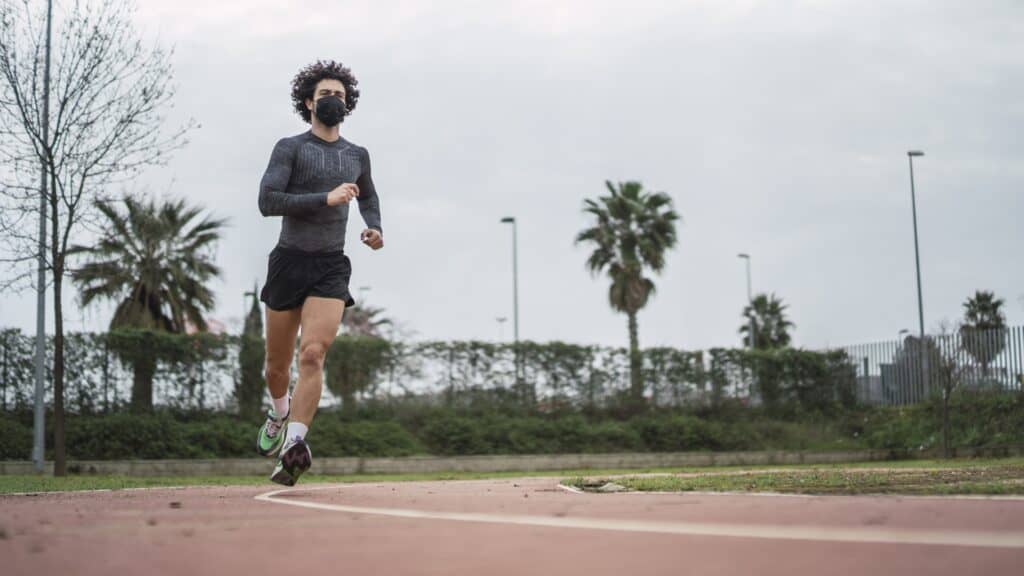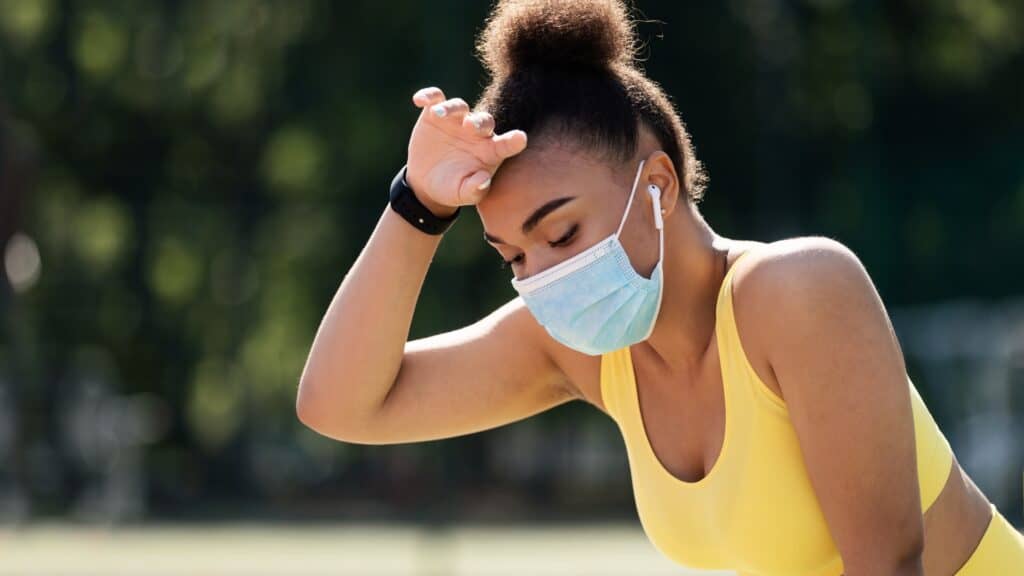After battling a viral infection, returning to your training routine can feel like navigating uncharted territory.
The road to recovery requires patience, diligence, and a strategic approach to ensure a smooth transition back to peak performance.
In this comprehensive guide, we explore the steps you can take to safely resume training post-illness and regain your stride with confidence.

Understanding the Impact of Viral Infections on Training
Viral infections, such as the flu or common cold, can wreak havoc on your body, leaving you feeling depleted and fatigued. These illnesses not only compromise your physical well-being but also disrupt your training regimen, forcing you to take an extended break from exercise. It’s essential to recognize the toll that illness takes on your immune system and adjust your expectations accordingly.
Prioritizing Recovery
The first step in getting back to training after a viral infection is prioritizing recovery.
Allow your body ample time to heal and rebuild its defenses before attempting to resume intense physical activity. Rest, hydration, and nourishing foods are key components of the recovery process. Listen to your body and resist the urge to rush back into training prematurely.
Gradual Reintroduction of Exercise
Once you’re feeling better and symptom-free, it’s time to ease back into your training routine gradually.
Start with low-intensity activities, such as gentle walks or short, easy runs, to gauge your body’s response. Pay attention to any signs of lingering fatigue or weakness and adjust your training accordingly. Remember, patience is paramount as you rebuild your fitness level.
Monitoring Your Progress
As you gradually increase the intensity and duration of your workouts, it’s essential to monitor your progress closely.
Keep track of your energy levels, recovery times, and overall well-being to ensure you’re not pushing yourself too hard. Be prepared to scale back if you experience any setbacks or signs of recurring illness.

Boosting Immune Health
In addition to focusing on recovery and gradual reintroduction of exercise, take proactive steps to boost your immune system’s resilience. Prioritize sleep, stress management, and proper nutrition to support your body’s natural defences. Incorporate immune-boosting foods such as fruits, vegetables, and lean proteins into your diet, and consider adding supplements like vitamin C or zinc if needed.
Staying Consistent and Patient
Returning to full training capacity after a viral infection is a process that requires consistency, patience, and perseverance. Set realistic goals and celebrate small victories along the way. Remember that setbacks are a natural part of the journey, and don’t be discouraged by temporary setbacks. Stay focused on your long-term health and fitness goals, and trust that your dedication will pay off in the end.
Getting back to training after a viral infection may seem daunting, but with the right approach, it’s entirely achievable.
Practical Example
In this exploration, we delve into the intricacies of training volume, recovery, and performance optimization.
Our protagonist, a dedicated runner, faces the aftermath of a disappointing race and seeks guidance on maintaining balance in training and life.
Understanding Training Load and Recovery
The individual in question maintains a rigorous training schedule, encompassing six days of running per week with average mileage ranging from 70 to 80 kilometers.
However, recent setbacks, including illness and sleep deprivation due to significant life events, have prompted a reassessment of training strategies.
Assessing the Impact of Overtraining
The frequency and intensity of the training regimen may be contributing to susceptibility to illness and fatigue. While dedication to consistent training is admirable, excessive volume can lead to overtraining and compromised immune function, as evidenced by recent health challenges.
Related: OVER TRAINING Warning! Key Signs To Look Out For
Navigating Life’s Demands
External factors such as sleep disruption and major life events can significantly impact athletic performance. Balancing training commitments with family responsibilities requires flexibility and adaptation in training plans to maintain overall well-being.
Strategies for Recovery and Adaptation
Moving forward, a period of focused recovery and adaptation is essential. This may involve reducing training volume, prioritizing quality over quantity, and incorporating restorative practices into the routine. By listening to the body’s signals and adjusting the training approach accordingly, the individual can rebuild strength and resilience while minimizing the risk of future setbacks.
Should You Get The Flu Vaccine?
flu vaccines are useful, at the very least they protect you from picking last year’s flu. Often what they do is we tend to get the flu’s from the previous winter season overseas. So that’s what the vaccines are then based on. I would wait until the next vaccine comes out. Unless they’re going to come out very late, but they certainly do help.
I personally don’t use them mostly because I very seldom get sick. I know the flu shot does make you feel a bit grubby for two to three days. If you are someone who is susceptible to getting sick and has gotten sick in the past, then it’s well worth planning 2-3 days where you’re just going to back off your training a little bit and you’re going to hit your flu vaccine.

Ways To Avoid Getting Exposed To Germs
You’ve got to keep your hands clean. It’s difficult to avoid contact with people all the time, but the main mechanism for us spreading germs around is hands and contact with other people and other objects. If you can keep your hands clean, that means when you do touch your face and your mouth with your hands, you reduce the chance of transmitting those diseases.
Increase your Vitamin C, take 500-1000mg per day and get yourself onto a nice, good multivitamin.
Perhaps some immune boosters and make sure you get lots of sleep. If you do those things, then you will go a long way to actually preventing yourself from being exposed to the diseases.



Comments are closed.